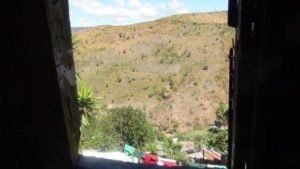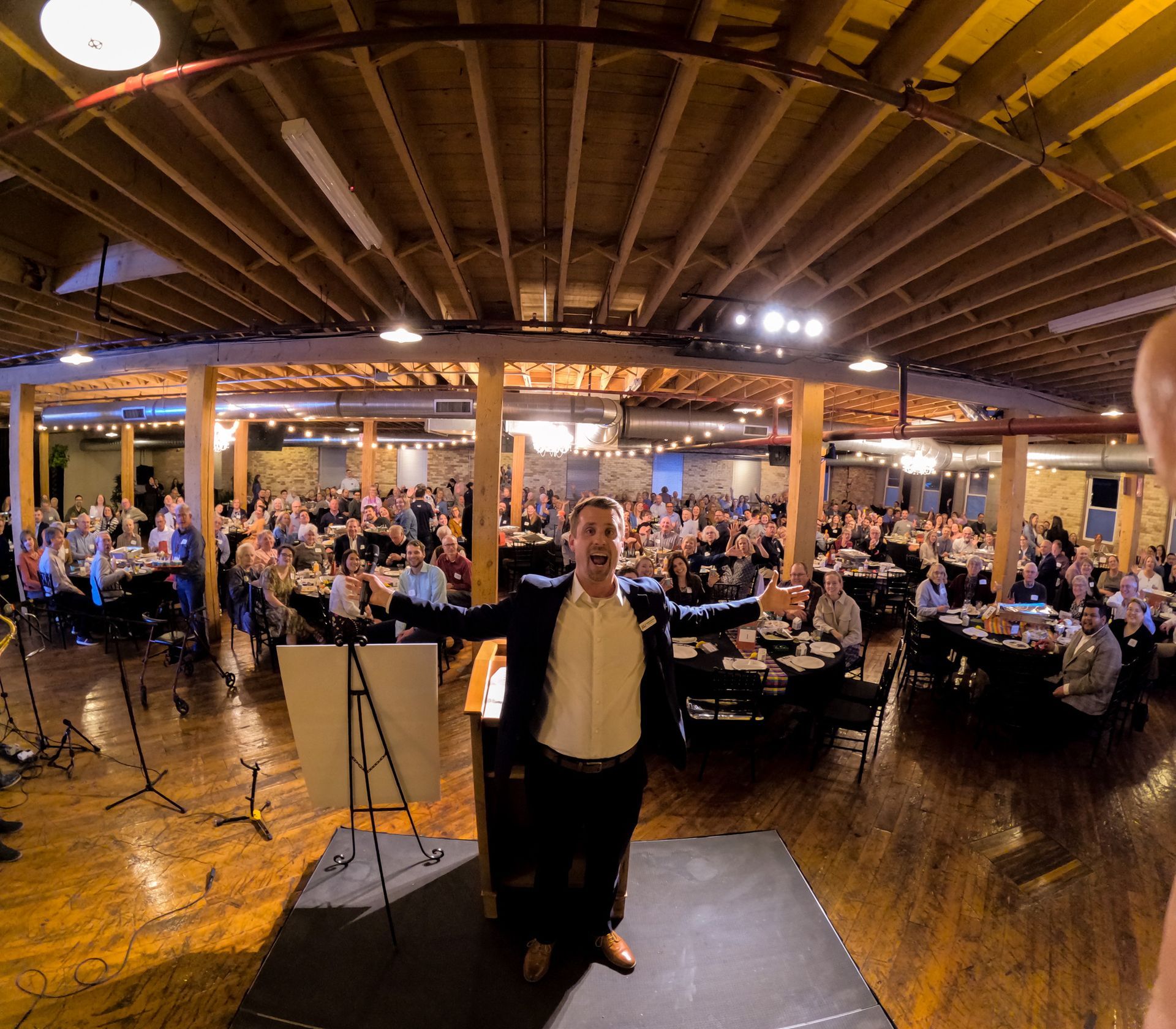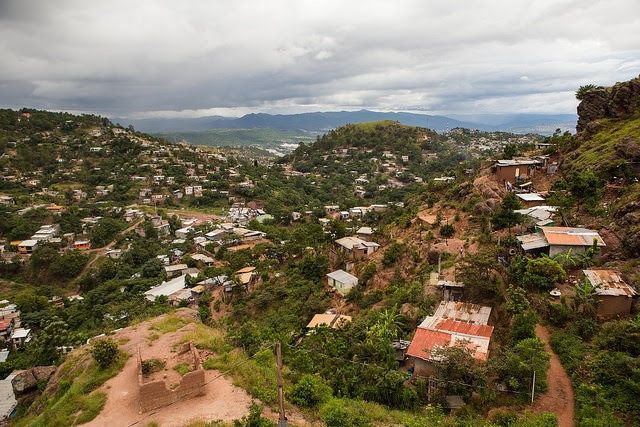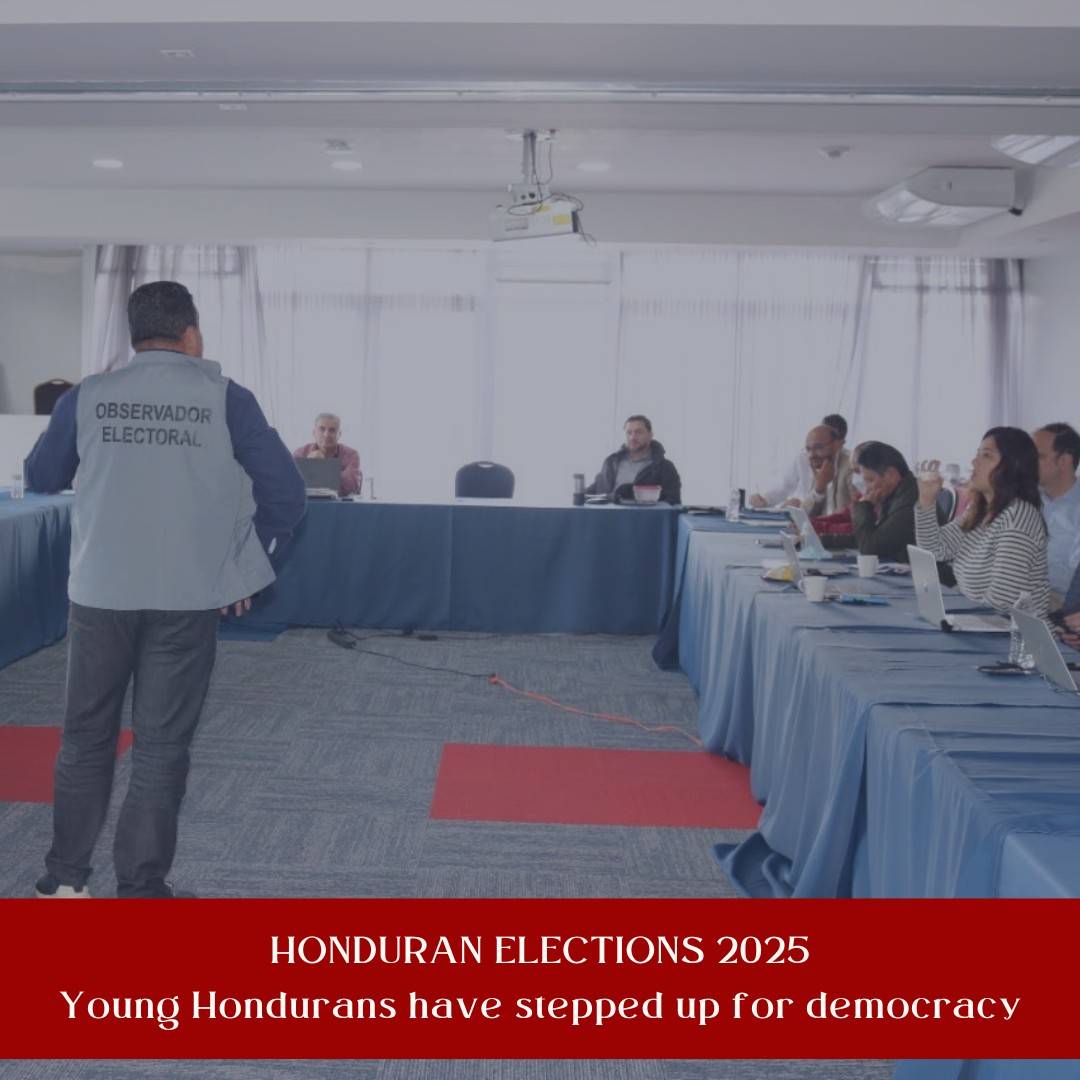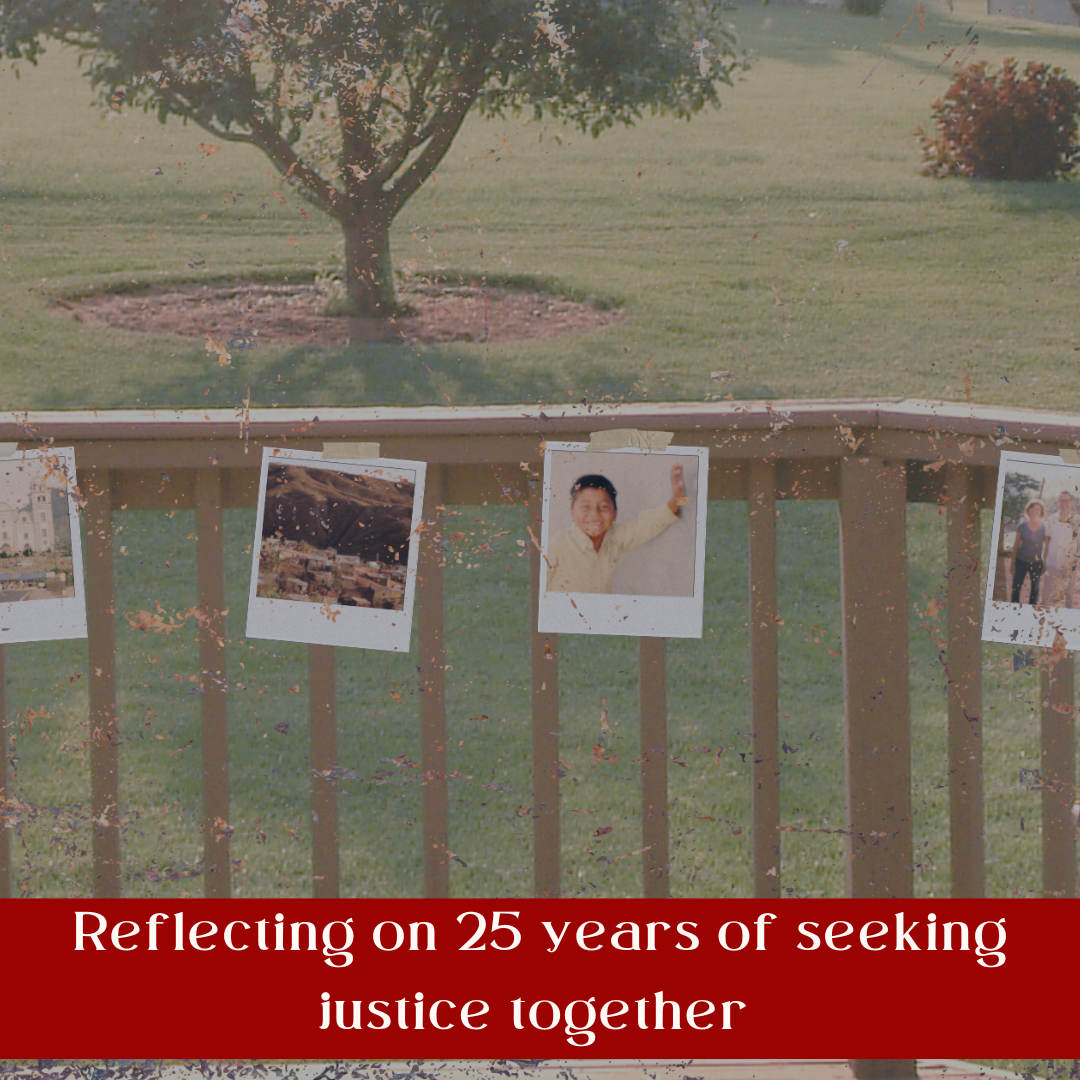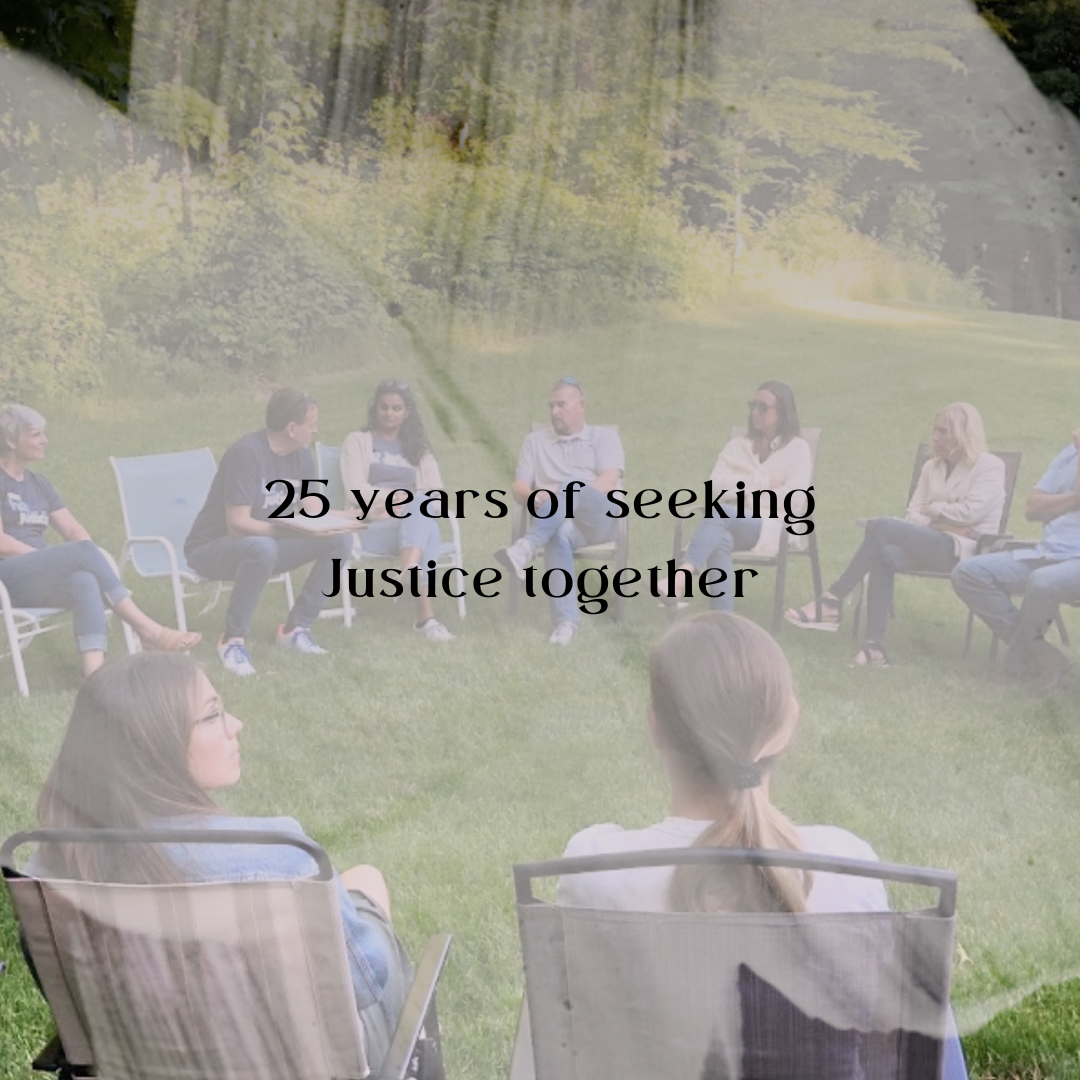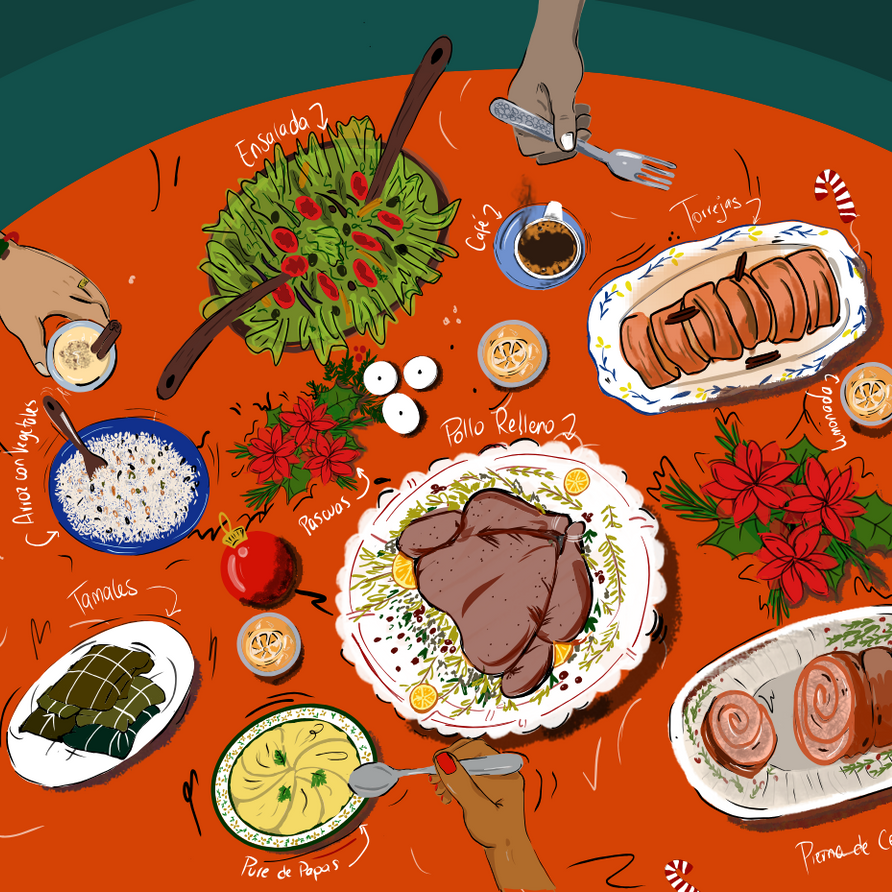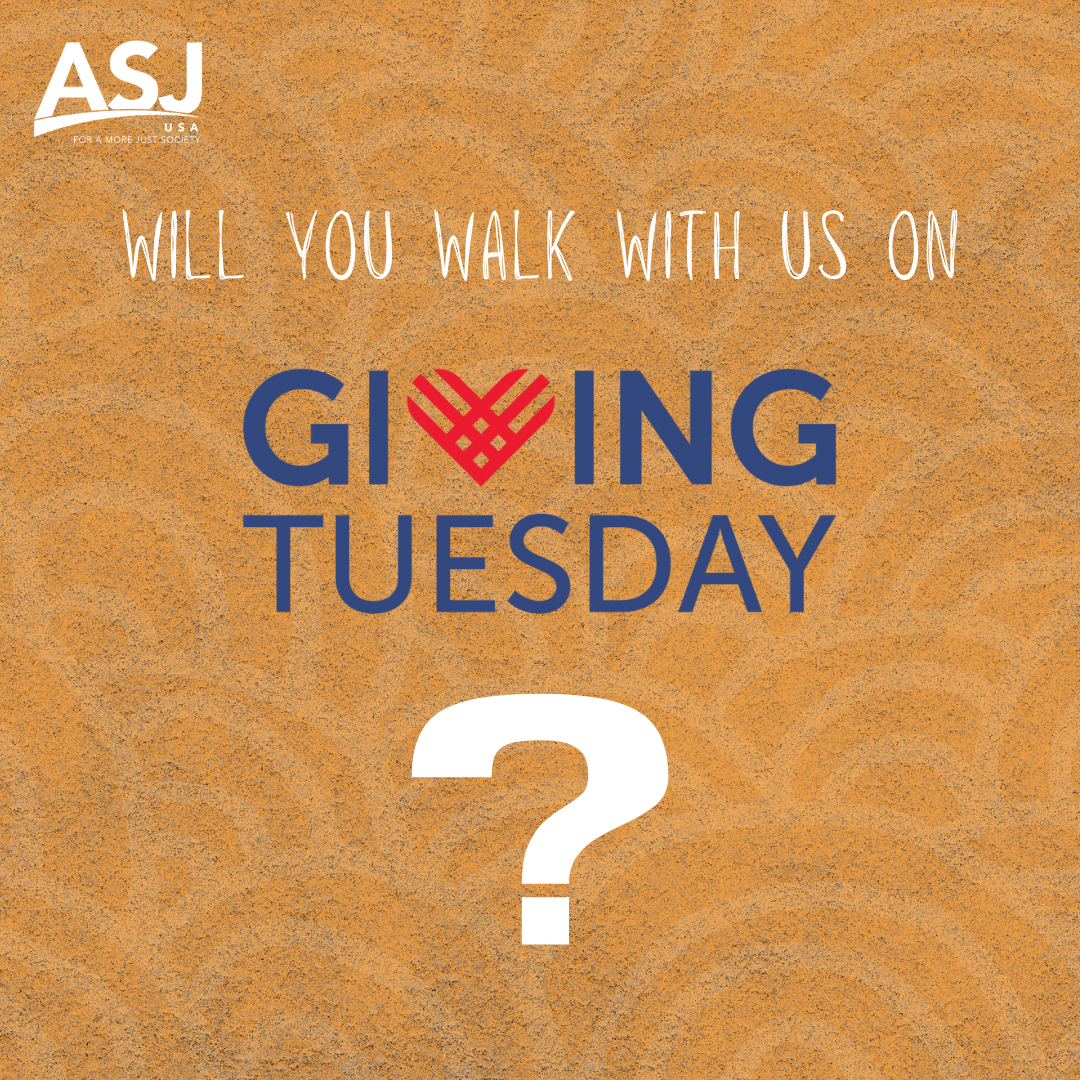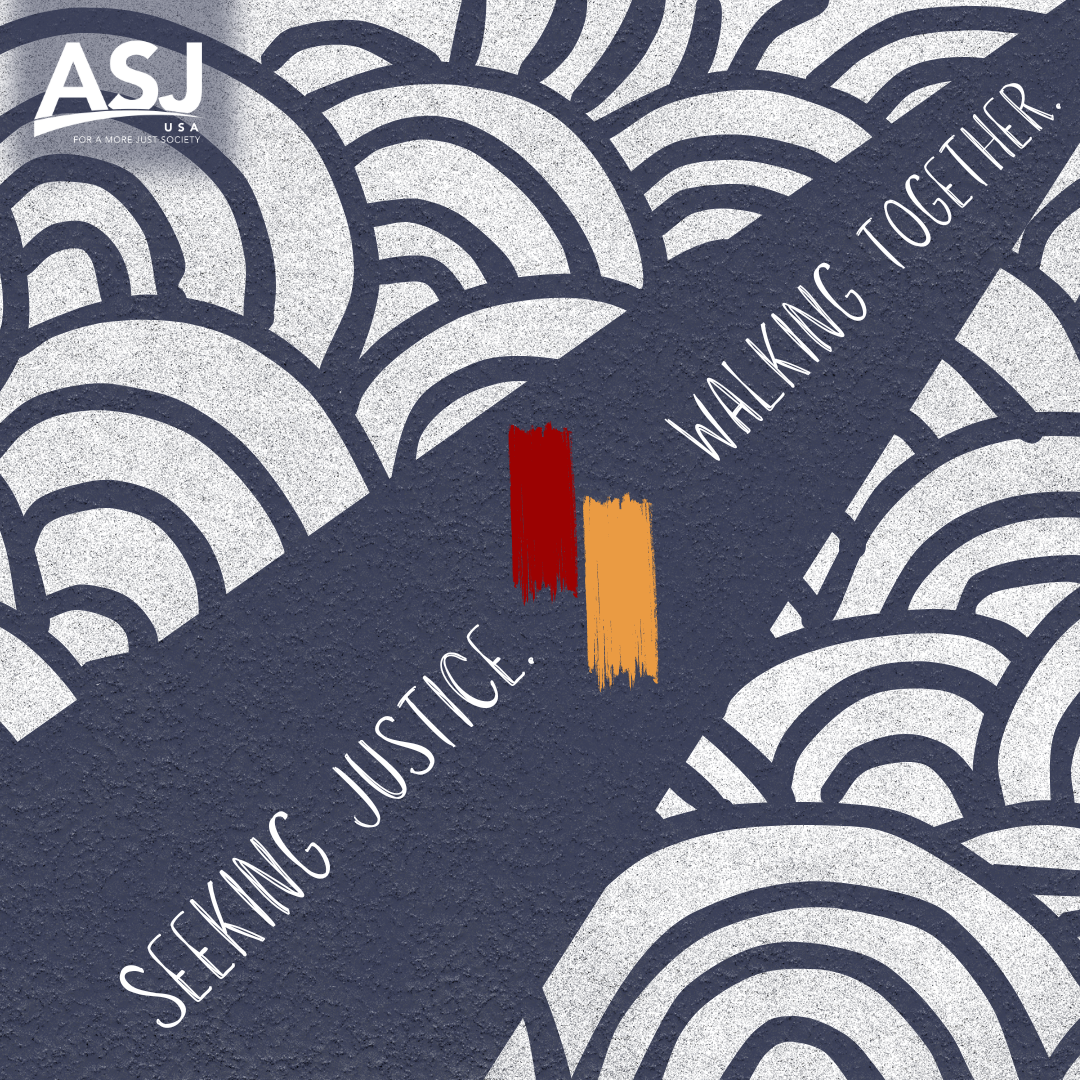All of these things are realities for Clara* and her four children. When my coworker, lawyer Cristian Rivera, and I visited Clara in her two-room home, she described this last reality vividly as she recounted the sick feeling in the pit of her stomach when she caught her husband sexually abusing their 12-year-old daughter, Marta. She knew she couldn’t let the abuse continue, but she didn’t know where to turn. Poor Hondurans like Clara rarely look for help from police who too often act as criminals themselves. And Clara’s poverty made her extra vulnerable, Cristian notes, “In many cases, women won’t report their husbands because they are the ones supporting them financially.”
But Clara told us how she refused to give up, knowing she had to protect her daughter. She made her way to the Public Prosecutor’s office to report her husband. They took down her testimony but didn’t act, another too common result of a justice system where poor victims cannot afford to pay a lawyer to push the case forward.
But Clara and Marta found an ally in the Association for a More Just Society (ASJ, formerly known as AJS). When Cristian and psychologist Ada Doblado heard about the case, they worked quickly to remove Marta from the home. Her father was still living there, and she was in danger. After taking this immediate step, ASJ worked with police detectives to gather forensic and witness evidence and obtained an arrest warrant. Marta’s father was convicted in June of last year and is now in prison.
Justice for people like Marta and Clara is rare in a country like Honduras, but ASJ victories in this case, and dozens like it, show that justice for vulnerable people is possible. I have seen over and over again that vulnerability does not mean cowardice. It just means that individuals don’t have access to the system of justice and security like many others do. My coworkers at ASJ act as the bridge to justice for many vulnerable but brave people who believe they deserve what we all deserve—our government’s protection from those who wish to harm us.
And Marta, despite the horrors she suffered, is excited to move forward, “I want to be a doctor!” she says, and then her little brother pipes up, “I want to be a lawyer!” This makes Clara and Christian laugh with delight. A delight that comes from months of working as a team of brave advocates so that Marta can hope again.
*Name changed to protect individual’s privacy and security.




